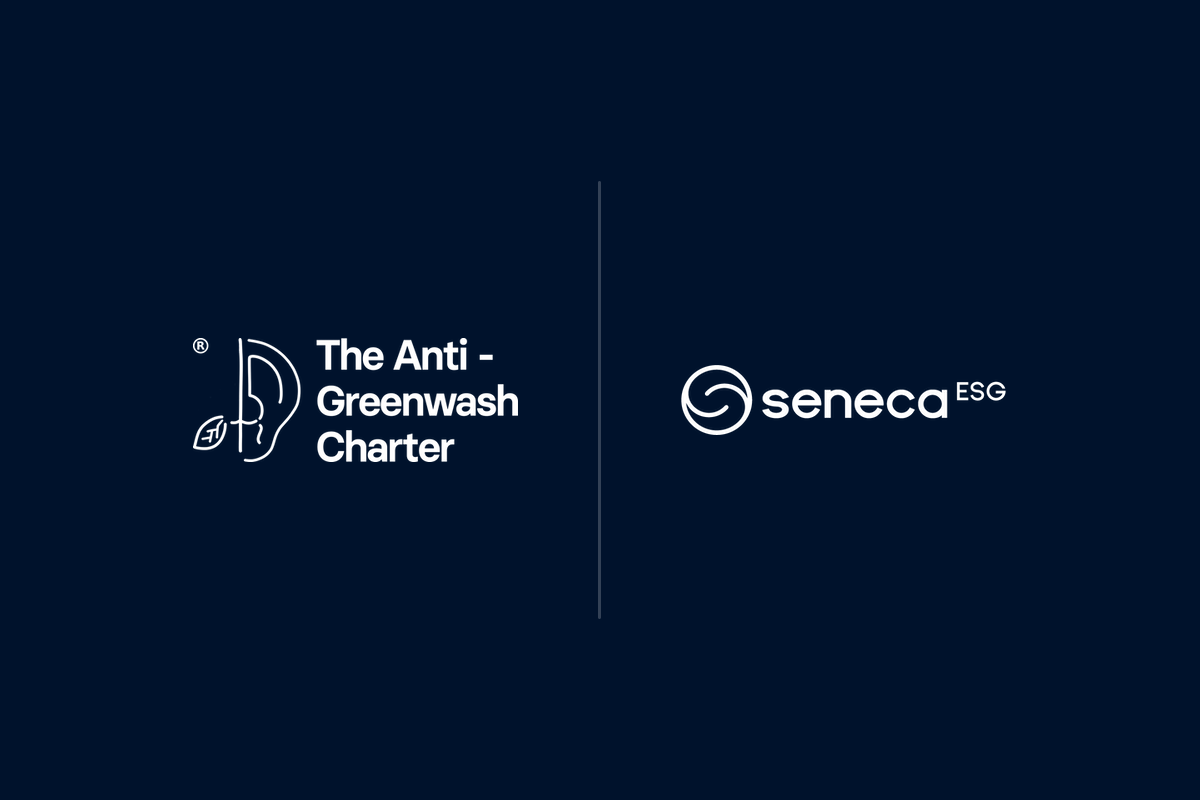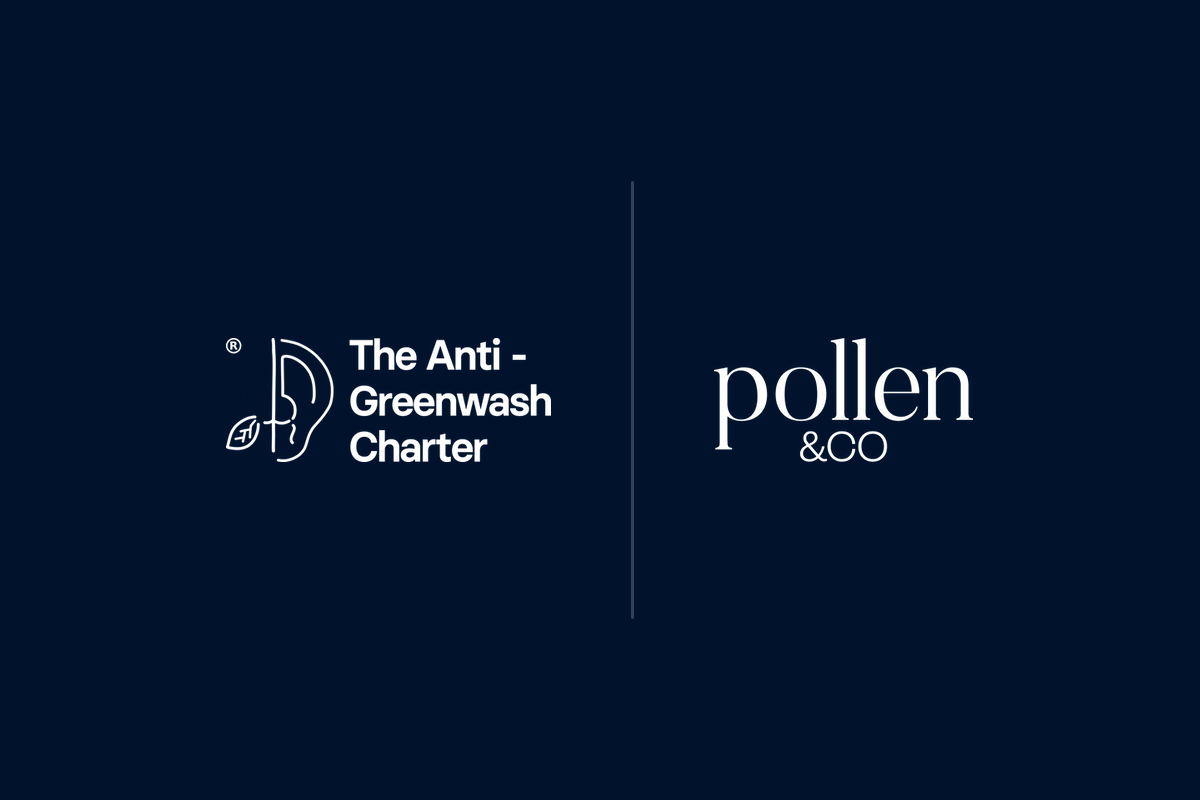Seneca ESG to Champion Transparency in Sustainability

Seneca ESG to Champion Transparency in Sustainability.
Date: July 2024
Read time: 3 mins
Author: Charlie Martin

Seneca ESG, a leading provider of sustainability software solutions, has announced its support for The Anti-Greenwash Charter (TAGC). This partnership underscores the critical importance of transparency in Environmental, Social, and Governance (ESG) practices. Jonathan Ha, Founder and CEO of Seneca ESG, shares insights into this collaboration and its broader implications for the sustainability landscape.
A Shared Mission for Transparency
The decision to support TAGC aligns closely with Seneca ESG’s mission and values. Jonathan says;
“We support The Anti-Greenwash Charter because of our alignment of mission and values: to ultimately encourage and enable organisations to improve their ESG and sustainability practices and to do so in an accurate and transparent way.”
This partnership reflects a mutual commitment to fostering integrity and accountability in sustainability efforts across various sectors.
Defining and Approaching Authentic Sustainability
Seneca ESG provides comprehensive software solutions for corporates and financial institutions to manage and enhance their ESG practices. These tools help organisations establish robust carbon-reduction strategies, identify key metrics, set goals for improvement, and engage with stakeholders while ensuring compliance with regulatory requirements. Jonathan explains;
“The Charter supports this approach by promoting transparency, accountability, and honesty in their sustainability reporting.”
This alignment ensures that organisations not only highlight their achievements but also address challenges and areas for improvement, fostering a culture of genuine sustainability.
Impact on Policies and Engagement Strategies
The partnership with TAGC has significantly influenced Seneca ESG’s internal policies and customer engagement strategies. Jonathan says;
“Our mission and values at Seneca ESG have always aligned with The Anti-Greenwash Charter. Now, our official support and partnership with the Charter allows us to reach a broader audience with our sustainability solutions and amplify the positive impact that we have on corporates and other organisations across the globe.”
This collaboration enhances Seneca ESG’s ability to serve its clients more effectively, leveraging the Charter’s standards to promote comprehensive and transparent sustainability practices.
Leading by Example
As a supporter of TAGC, Seneca ESG aims to set a strong example for the industry. Jonathan emphasises;
“We intend to lead through example and demonstrate that the mission to improve the state of the world must be done through action rather than just words. Our actions taken to join hands with The Charter demonstrates our authenticity towards reaching these goals together with like-minded individuals and organisations.”
This partnership sends a clear message to industry peers and customers about the importance of authenticity in sustainability. By committing to radical transparency, Seneca ESG and TAGC hope to inspire other organisations to follow suit, fostering a collective effort to achieve the goals outlined in the Paris Agreement and the UN Sustainable Development Goals.

About Seneca ESG
Seneca ESG provides software solutions for corporates and financial institutions enabling them to establish and maintain robust carbon reduction and ESG practices, identify key metrics and set goals for improvement, engage with stakeholders, and comply with regulatory requirements.







